Advertisement
Although it adds to your hydration, this water may be pushing you over the limit of the daily recommended dosage of caffeine
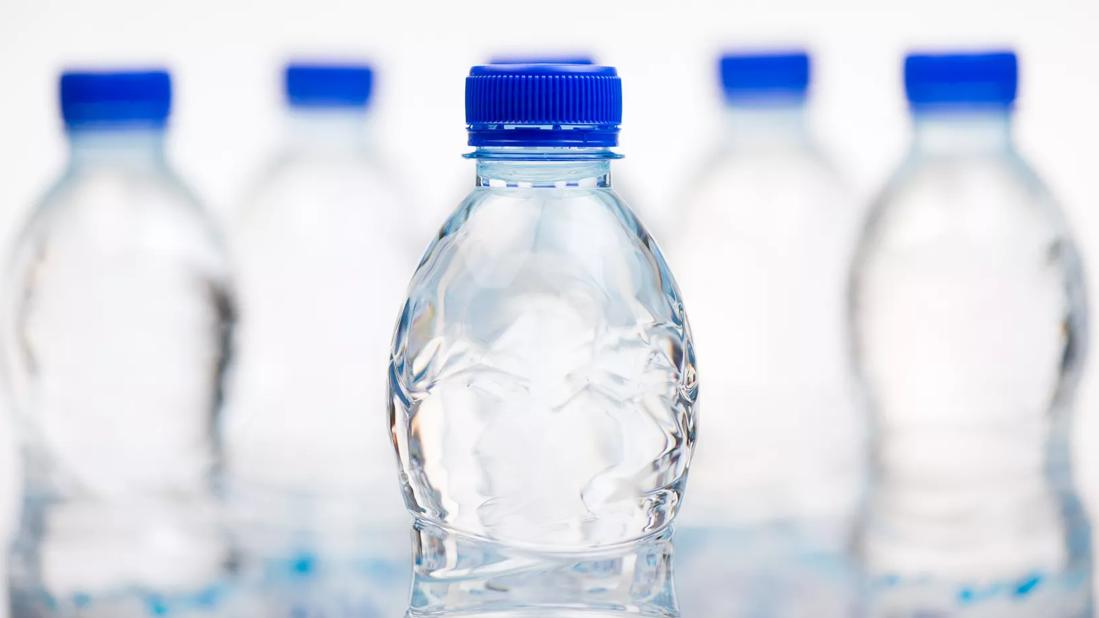
It’s the middle of the afternoon, the sun is shining ... and you’re dragging your feet to get this one project finished so you can relax for the rest of the day. But no matter how you slice it, you just don’t have the energy to get it done. So, you go to the kitchen and make a choice. Do you grab:
Advertisement
Cleveland Clinic is a non-profit academic medical center. Advertising on our site helps support our mission. We do not endorse non-Cleveland Clinic products or services. Policy
Which is the healthier option? And will any of them get in the way of your health and wellness even if it helps you check off your to-do list?
Registered dietitian Beth Czerwony, RD, LD, says caffeinated water on its own can be a healthier pick-me-up as long as you’re not overdoing it on your daily dose of caffeine. Otherwise, you may be facing some unintended side effects and long-term caffeine withdrawal symptoms if you’re not careful.
Caffeinated water is a source of hydration that also provides the stimulating effects of caffeine. Caffeinated water is often marketed as “energy-boosting” water or “fortified” water, and these products can be carbonated and sparkling or uncarbonated.
The thing to watch out for, notes Czerwony, is that these caffeinated waters can carry as much as 45 milligrams up to 125 milligrams of caffeine or more in each bottle. That can be a lot of caffeine if you’ve already had an 8-ounce cup of coffee (which typically has about 95 milligrams of caffeine in a cup) and/or other caffeinated beverages throughout the day.
The U.S. Food and Drug Administration (FDA) recommends adults have no more than 400 milligrams of caffeine a day. The American Academy of Pediatrics also recommends that children under the age of 12 should not have any caffeine, and teens 12-18 years old should limit caffeine to 100 milligrams a day (roughly two 12-ounce cans of soda).
But when you throw caffeinated water into the mix — something many think is automatically healthy because it’s a water-based product — people tend to forget just how much caffeine they’re actually consuming.
In reality, you run the risk of getting too much caffeine in your system if caffeinated water is one of several caffeinated beverages you have in a day.
“If you’re drinking four bottles that have 125 milligrams of caffeine in each of them a day, you’re going to feel its effects,” warns Czerwony. “It’s going to give you an adrenaline rush. It could make your heart palpitate. It could make your blood sugar go up. You could feel jittery or easily irritable when you have that much caffeine and when you’re without it because you’ll develop caffeine withdrawal over long periods of time.”
As a stimulant, caffeine can help increase your alertness, improve your focus and performance, and excite your brain and body. But when you’re over-caffeinated, your body can have negative or opposite side effects that include problems like:
Advertisement
“If you’re using too much of it, you’re going to get the reverse effect of it and it’s not going to help you achieve what you’re looking for because you’re going to be too hyped up and irritable,” she adds.
Plus, caffeinated water-based products and other fortified energy beverages often contain ingredients like sugar alcohols and other artificial sweeteners that can raise your risk for additional health issues associated with congestive heart failure, Type 2 diabetes and obesity when you ingest them for longer periods.
If you experience any of these side effects of caffeine or you’re concerned about any of these underlying medical conditions, weaning yourself off caffeinated products and high-sugar beverages is key to improving your overall health and wellness.
For every caffeinated beverage, says Czerwony, try replacing it with a non-caffeinated flavored water. Over time, you can increase your limit of caffeinated beverages as you feel more and more comfortable.
“Flavored water is a good segue into a new health journey because it’s not just plain water,” she notes. “Over time, as you remove more and more of that caffeine from your diet, you’ll start to feel better, and you’ll certainly feel better within those first few weeks to a month if you’ve been over-caffeinated.”
If over-caffeination isn’t a concern or you’re already limiting caffeine to under 400 milligrams a day, caffeinated water can be a healthier option to sodas, concentrated fruit juices and sugary drinks. This may be especially true if you’re already having a hard time working water into your daily nutritional plan.
Instead of grabbing a latte full of cream and sugar, go for the caffeinated water first thing in the morning as part of your wake-up call. Or reach for the caffeinated water in the afternoon when the chances are higher that you’ll go for that second or third soda of the day.
“Anytime you can choose water over something else, water wins every time,” says Czerwony.
If you’re looking for a pick-me-up without all the caffeine, there are other ways to stay awake, but many of them involve making certain lifestyle changes.
For example, small, frequent meals can boost your energy by kickstarting your metabolism. And replacing caffeine with plain water will boost your hydration and can improve your feelings of fatigue over time.
“In the hierarchy of beverages, plain water is always going to be the best option,” says Czerwony. “Second to that, health benefit wise, would probably be [the aforementioned] flavored waters because you’re not getting that extra caffeine in them, and natural flavorings can encourage hydration.
“But these caffeinated beverages, whether they’ve got sugar in them or not, are probably going to be the ones I recommend the least.”
Advertisement
Learn more about our editorial process.
Advertisement

You can reduce your risk by not swallowing water and showering before and after swimming

Adding salt to your water isn’t going to have measurable benefits — but there may be plenty of downsides

Coffee is made up of mostly water, but it’s the caffeine you have to look out for

Drinking untreated water can have dangerous consequences, like bacterial infections
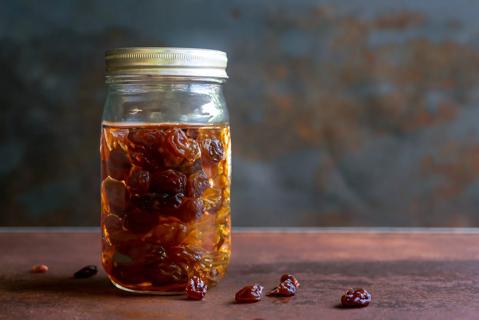
Raisins have a number of health benefits when eaten — but raisin water probably won’t do much for you
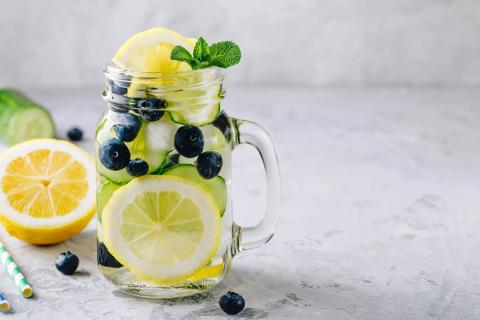
If you’re trying to drink less soda or fewer sugary drinks, flavored water can be a delicious and healthy alternative
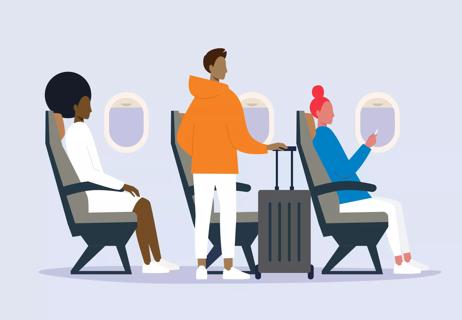
Flying can cause dehydration and bloating and make you feel tired and stressed
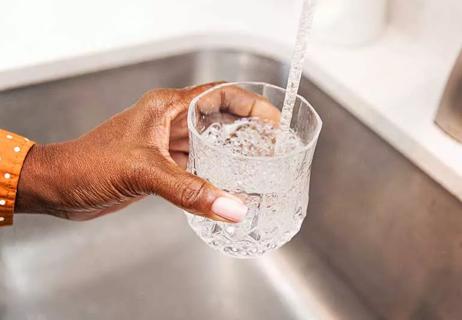
Your home’s tap water should be safe to drink, but you can install filters and run tests to be sure

Focus on your body’s metabolic set point by eating healthy foods, making exercise a part of your routine and reducing stress

PFAS chemicals may make life easier — but they aren’t always so easy on the human body

While there’s little risk in trying this hair care treatment, there isn’t much science to back up the claims